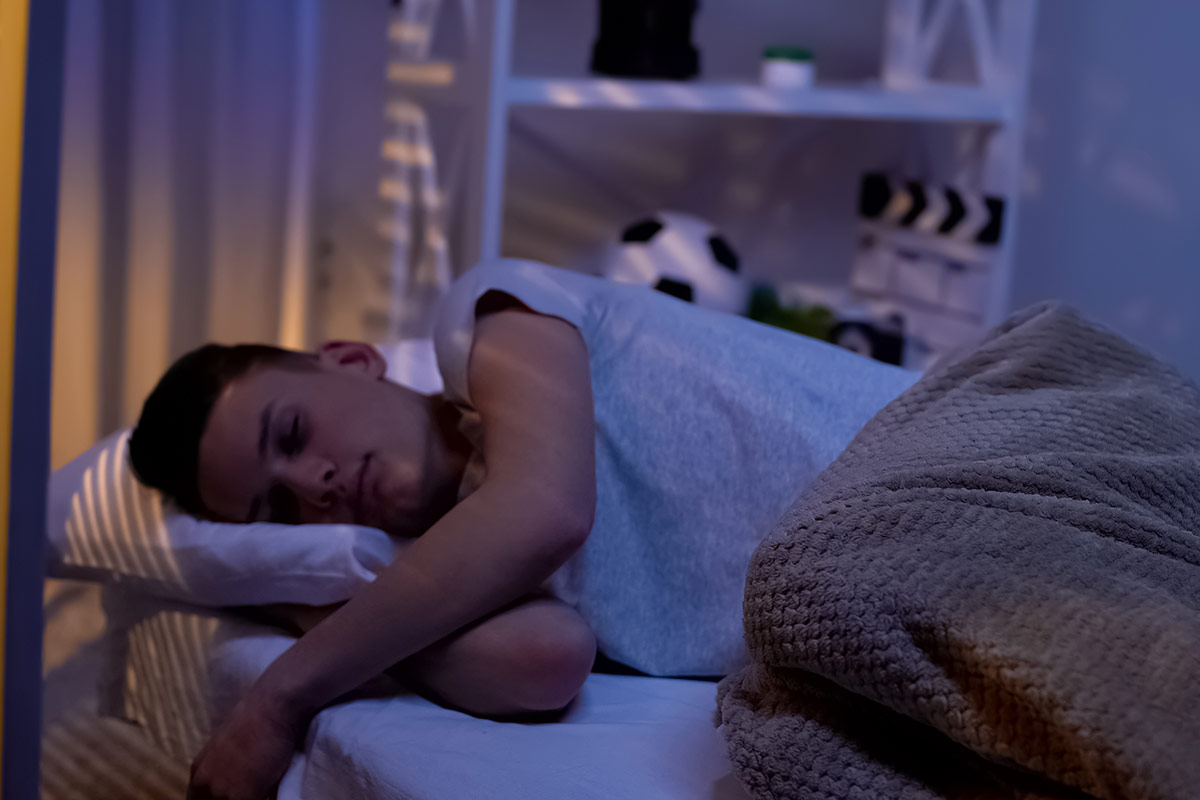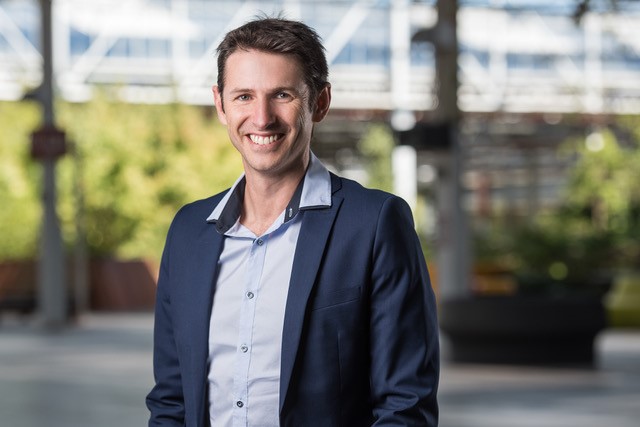
Healthy sleep is widely recognised as important for young people’s wellbeing. Now Flinders University Professor of Clinical Child Psychology Michael Gradisar and his team have collaborated with national youth mental health services headspace and Orygen to translate evidence-based tools developed from more than a decade of research.
Orygen, the National Centre of Excellence in Youth Mental Health, has a wide range of resources for children and teenagers, their parents, carers and health professionals.
The free online ‘Sleep Myth Buster’ series includes as a clinical guide for positive interventions for young people and good sleep patterns.
Meanwhile, new fact sheets are also now available online at the headspace website which provide the evidence-based solutions for young people’s sleep.
Clinical psychologist Professor Gradisar says busy lifestyles, stress and screen time makes self-help and accessible resources for better sleep increasingly important.
“We hope these resources help more and more people, as the clinic here at Flinders University has helped hundreds of young people and their parents to sleep better through the night,” he says.
“Now we hope these resources will help more people across Australia.”
Expertise from Flinders psychology’s Child and Adolescent Sleep Clinic also contributed to new resources for the Sleep Health Foundation and VicHealth launched last year.
Professor Gradisar says a number of Flinders University PhDs, including Cele Richardson, Kate Bartel and many current postgraduates, continue to make a difference in translating research into useful resources for the community.
Earlier this year, Professor Gradisar, director of the acclaimed Child and Adolescent Sleep Clinic at Flinders University, teamed with Flinders psych graduate Dr Rachel Hiller to write a handy new guide – Helping Your Child with Sleep Problems: A self-help guide for parents (Little Brown Book Group, UK).
The book is a step-by-step guide to help address common issues such as bedtime separation anxiety, insomnia or night-terrors, or simply refusing to sleep in their own bed.
“It’s been great to work with these external organisations to promote and translate the work we’ve been doing for the past 14 years, and we hope we can continue to contribute with the University’s support,” Professor Gradisar says.
Dr Hiller, a clinical psychologist and researcher in developmental psychopathology at Bath University, England, specialises in helping families of children with sleep and anxiety disorders.
Professor Gradisar and Dr Hiller have just published an article about managing insomnia in school-aged children in The Conversation– ‘How to help children (and their parents).
‘Sleep on it: Memory and problem solving’ is the theme of this year’s Sleep Awareness Week (5-11 August 2019). Key messages include:
- Lack of adequate sleep affects mood, motivation, judgement, and our perception of events.
- Although there are some open questions about the specific role of sleep in forming and storing memories, the general consensus is that good quality sleep throughout a whole night is optimal for learning and memory.


